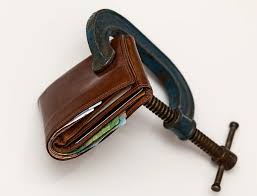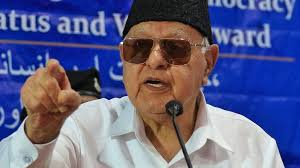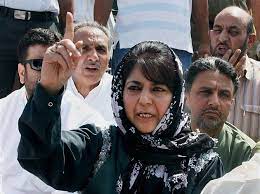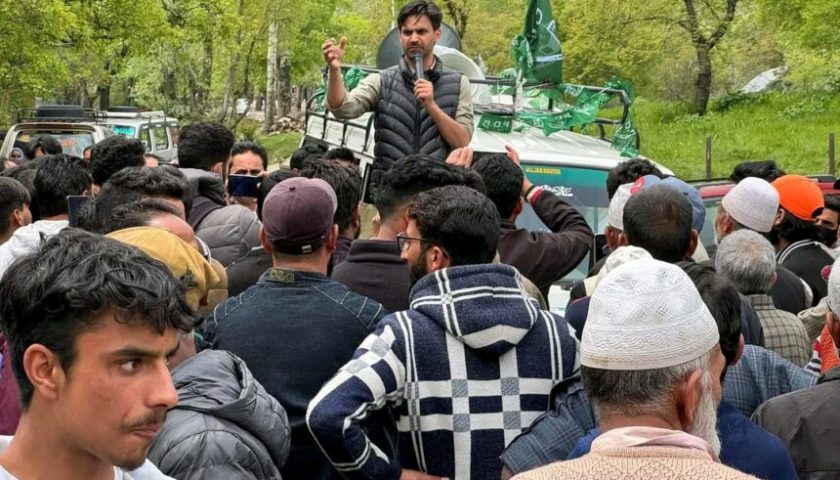Major FMCG players may face a severe crisis as they will be running short of supplies in the very first week of July.
With Goods and Services Tax being rolled out from July 1 across India, people in Jammu and Kashmir will have to face double taxation on import and export of commodities, triggering fears of soaring prices till a consensus is evolved over extension of the new tax regime to the state.
As the central government is bringing India under “one country, one tax” from July 1, the state government has failed to build a consensus over its implementation, with opposition parties, civil society and business community fearing that it would infringe state’s special status and erode its unique fiscal autonomy.
However, the stalemate over extension of the new tax regime has put the State in a peculiar position. From July 1 (Saturday), traders and consumers shall have to pay double tax on both imports as well as exports, thus making the goods and services costlier in the state.
“Since the state government has not decided to waive off state taxes, it means any supply or export will be taxed twice, first under GST and then the state tax as per the rates in vogue,” said a senior Finance Department official.
Officials in Commercial Taxes department foresee shortage of goods in coming days.
Major FMCG players may face a severe crisis as they will be running short of supplies in the very first week of July.
“MNCs have reduced their supply from last week because they wanted to exhaust the stocks in all states so that new systems are implemented and started on July 1, which means that supplies will dry up soon if there is no consensus on this issue,” an official said.
Talking to Kashmir Post, Assistant Commissioner, Central Excise Srinagar Division, Jayapal J said from tomorrow there will be double taxation on imports and exports as the state government has not build a consensus on extension of GST to the state.
“It is a clear disadvantage for traders as well as consumers as prices of goods will increase due to both GST and state tax levying,” he said.
“Further the prevailing situation would create chaos as the traders cannot sell products above MRP, but any supply brought from outside would be taxed twice which means it could be sold by traders over MRP fixed to make profit, thus it would invoke action under Legal Metrology Act,” he explained.
Trading and business community in Jammu and Kashmir are also divided over the implementation of GST. While Kashmir traders are against it, Jammu traders want its implementation immediately.
President, Kashmir Chamber of Commerce and Industries, Mushtaq Ahmad Wani admitted that there would be “confusion” from tomorrow after GST is rolled out across India.
“But it is the responsibility of state government to exempt supplies from all taxes so that the people in J&K don’t suffer,” he said, adding that it is the “moral responsibility” of the State to ensure that traders as well as common people don’t suffer due to their failure to build a consensus on the issue.
Meanwhile, the Jammu Chamber has asked Jammu traders not to import any goods till the GST is implemented in the state.
President, Jammu Chamber of Commerce and Industries, Rajesh Gupta said that they have “advised members to carry on with the VAT billing till the GST is implemented and avoid importing goods from outside till the new tax law is in vogue.”






